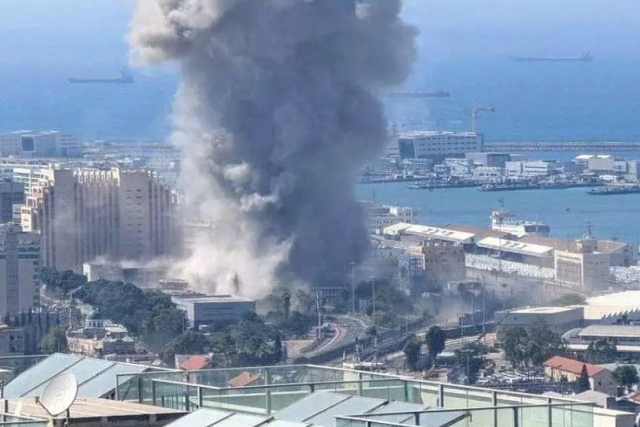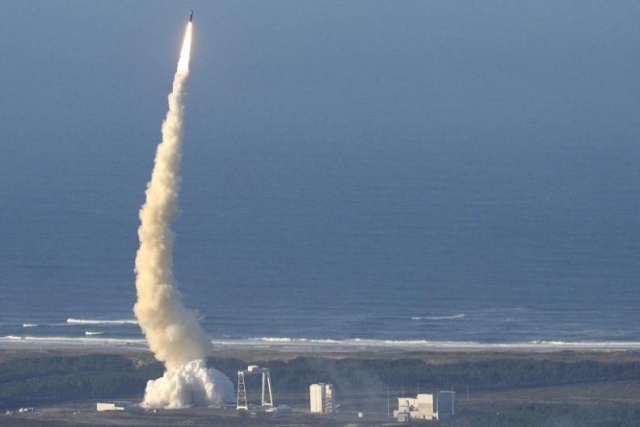Israeli Oil Refining Capacity Severely Hindered in Iranian Strikes
Haifa refinery damaged by missile attack as Ashdod facility remains offline, forcing Israel to boost fuel imports amid mounting infrastructure strain

Israel’s oil refining capacity has been critically disrupted following Iranian missile strikes on the Haifa refinery.
This is reported by topcor.ru citing S&P Global Commodity Insights.
The incident, coupled with ongoing maintenance at the Ashdod refinery, has left Israel temporarily without any functional refining facilities, raising concerns about an imminent fuel shortage.
The Haifa refinery, struck during the recent escalation, remains non-operational with damage assessments still underway. Meanwhile, the Ashdod refinery, which can process up to 110,000 barrels per day, is undergoing scheduled maintenance and is not expected to resume operations for at least two weeks. Energy Minister Eli Cohen stated that Haifa could also be brought back online “in a few weeks,” though no exact timeline has been confirmed.
With both key facilities offline, Israel is facing an indefinite loss of domestic refining capacity, prompting a sharp increase in fuel imports. S&P reports that gasoline imports will rise from 10,000 to 50,000 barrels per day, diesel from 10,000 to 60,000 barrels, and jet fuel imports could reach 10,000 barrels daily.
This sudden surge in fuel demand is expected to put significant pressure on Israel’s port and pipeline infrastructure, especially during a period of heightened military activity. The disruption comes at a time when fuel demand is particularly sensitive, with Israeli forces heavily reliant on consistent supplies of diesel and aviation fuel.
Further compounding the issue, natural gas output at the Karish and Leviathan fields—critical sources of energy—has also been suspended, increasing the country’s dependence on imported diesel for electricity and transportation.
S&P warned that the situation could develop into a broader fuel crisis if refinery operations are not restored promptly or if port logistics fail to accommodate the increased throughput.














